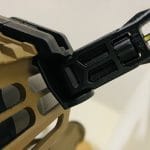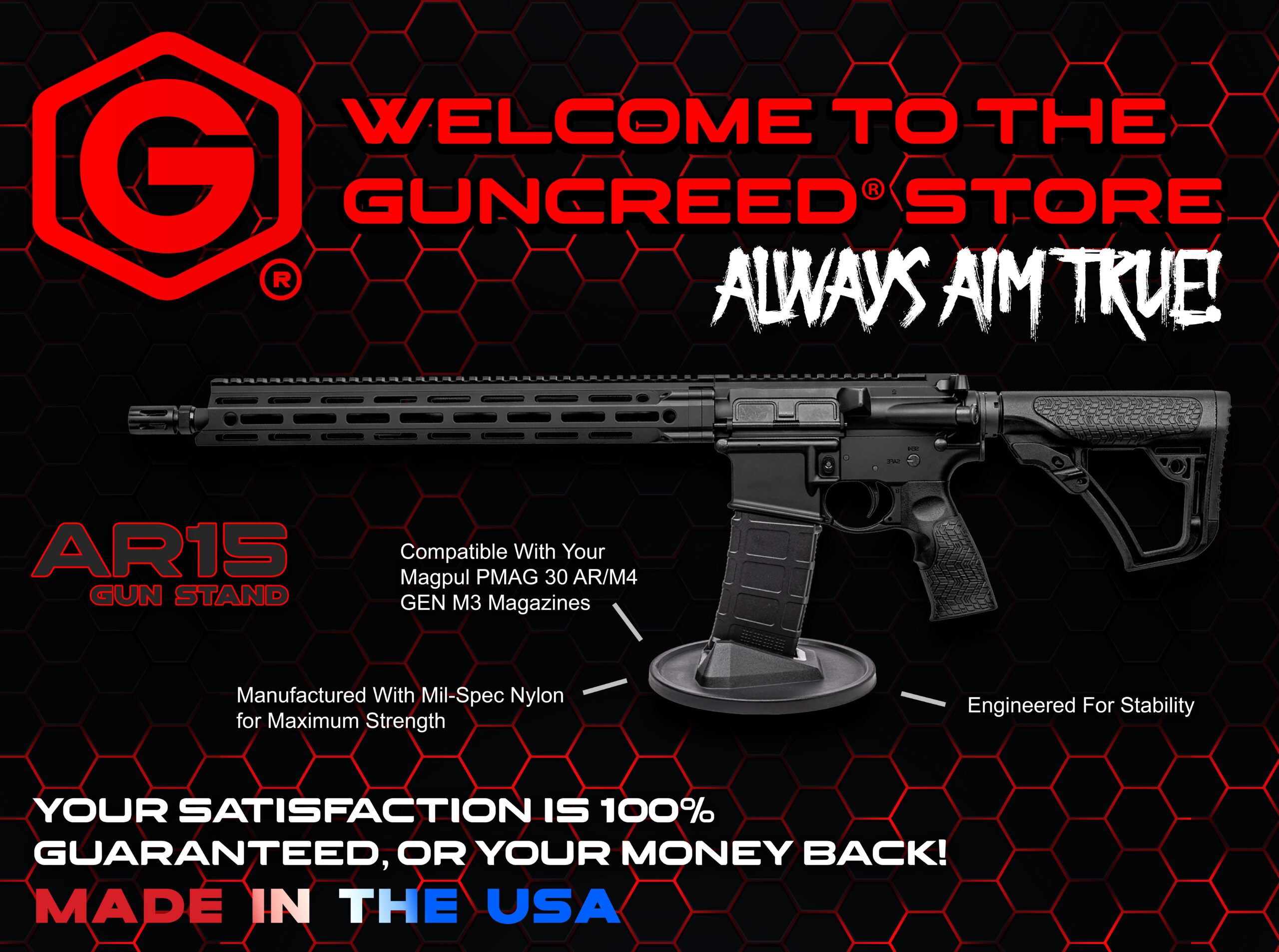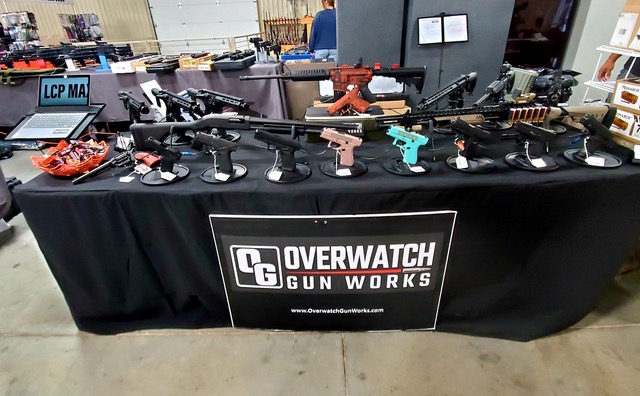


Free Shipping | 99% of all stands ship within 24 hours
We appreciate you sharing this:


We appreciate you sharing this:

Categories:
Obtaining a gun license is an essential step for individuals interested in owning guns legally. These licenses, issued by the government, ensure that only responsible and law-abiding citizens have access to guns. However, it is crucial to understand that gun licenses vary significantly depending on the jurisdiction and the intended purpose of gun ownership. Different types of gun licenses exist to regulate various aspects of gun possession, such as self-defense, hunting, target shooting, or professional use.
These licenses often require applicants to undergo background checks, complete safety training courses, and comply with specific criteria set by local authorities. In this article, we will explore the different types of gun licenses available in various regions worldwide and shed light on their respective requirements and limitations.
Concealed Carry Permits (CCPs) are a type of gun license that allows individuals to carry concealed guns in public. These permits are issued by local law enforcement agencies or designated authorities, subject to specific regulations varying by jurisdiction. To obtain a CCP, applicants typically undergo a background check, fingerprinting, and completion of a gun safety course. The requirements for obtaining a CCP may also include demonstrating good cause or showing proof of self-defense necessity in some areas.
CCPs empower individuals to carry handguns discreetly, promoting personal protection while maintaining public safety. However, laws surrounding CCPs differ greatly across regions, with some states allowing unrestricted issuance while others impose stricter regulations or even prohibit concealed carry altogether.
Gun dealer licenses are crucial for individuals or businesses involved in buying and selling guns legally. These licenses are typically issued by the relevant governmental authority and ensure compliance with local, state, and federal regulations. Obtaining a gun dealer license requires applicants to undergo a thorough background check, including criminal history and mental health records. Additionally, applicants must comply with specific requirements such as maintaining accurate records of all gun transactions, implementing secure storage systems, and conducting background checks on potential buyers.
Gun dealers may be further categorized based on their specialization, including retail dealers who sell guns directly to consumers or wholesale dealers who supply guns to other licensed dealers or law enforcement agencies.
One of the primary types of gun licenses in the United States is the Federal Guns License (FFL). This license is issued by the Bureau of Alcohol, Tobacco, Guns and Explosives (ATF) and allows individuals or entities to engage in certain guns-related activities. There are several categories within the FFL system, including Type 01 for dealing in guns, Type 02 for pawnbrokers, and Type 03 for collectors.
Additionally, there are specialized licenses such as Type 07 for gun manufacturers and Type 09 for dealers who primarily handle destructive devices. Obtaining an FFL involves a thorough background check, compliance with federal laws and regulations, as well as meeting specific requirements set forth by the ATF.
A Class 3 license, also known as a National Guns Act (NFA) license, pertains to the ownership and transfer of NFA weapons. NFA weapons include machine guns, short-barreled rifles or shotguns, suppressors, destructive devices like grenades or bombs, and any other gun classified as an Any Other Weapon (AOW). Obtaining a Class 3 license requires an extensive background check by the Bureau of Alcohol, Tobacco, Guns and Explosives (ATF), along with payment of a special tax.
This license allows individuals to possess and transfer NFA weapons legally. However, it is important to note that each state may have additional regulations or restrictions regarding NFA weapons ownership and use.
The Curio and Relic (C&R) License is a special type of gun license issued by the Bureau of Alcohol, Tobacco, Guns, and Explosives (ATF). This license is specifically designed for collectors of guns that are considered to be curios or relics. To qualify for a C&R License, individuals must demonstrate a genuine interest in collecting guns that are at least 50 years old or hold historical significance.
With this license, collectors can purchase and receive curio and relic guns directly from out-of-state sources without going through a Federal Guns License holder. It enables enthusiasts to acquire unique and historically significant guns while maintaining compliance with federal regulations. The C&R License adds an extra layer of convenience for passionate collectors in pursuing their hobby.
Hunting and Sport Shooting Licenses are one of the different types of gun licenses available. These licenses are specifically designed for individuals who wish to engage in hunting or sport shooting activities. Typically, hunters need a specific license that allows them to legally possess and use guns while pursuing game animals. This license ensures that hunters understand the regulations and safety measures associated with hunting.
On the other hand, sport shooting licenses cater to those interested in recreational shooting activities such as target practice or participating in shooting competitions. These licenses often require individuals to demonstrate their proficiency and knowledge of gun safety before obtaining permission to engage in these activities. Both hunting and sport shooting licenses aim to balance individual enjoyment with responsible gun use within legal boundaries.
Gun licenses vary depending on the jurisdiction and country. Generally, there are three main types of gun licenses: concealed carry permits, open carry permits, and gun purchase permits. Concealed carry permits allow individuals to carry a concealed weapon on their person in public places, subject to certain restrictions. Open carry permits grant the right to openly carry guns in public areas.
These permits often require individuals to demonstrate a legitimate reason for carrying a weapon. Lastly, gun purchase permits regulate the acquisition of guns by requiring individuals to undergo background checks and provide necessary documentation before purchasing a gun. Understanding these different types of gun licenses is crucial for those seeking legal permission to possess or carry guns responsibly within their respective regions.